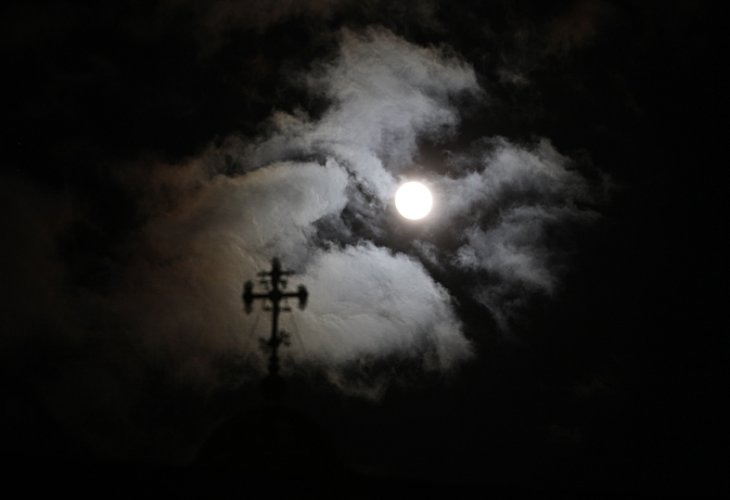Seventeenth of Tammuz
The Three Weeks in Jewish Tradition: A Complete Guide to Customs and Halacha
Understanding the mourning practices between the 17th of Tammuz and Tisha B’Av — traditions, blessings, and spiritual significance

The days between the 17th of Tammuz and the 9th of Av are called “Bein HaMetzarim” (“between the straits”), based on the verse in Lamentations (1:3): “All her pursuers overtook her between the straits.”
Our Sages explain that these are the days from the 17th of Tammuz until Tisha B’Av, the period during which the enemies entered Jerusalem and inflicted terrible destruction upon the Jewish people, culminating in the destruction of the Holy Temple on the 9th of Av due to our many sins.
From that time until today, the Jewish people have never truly dwelled in peace. Enemies arise against us from within and without. Even though we have merited to return to our holy land freely, we still have not reached complete redemption. The House of our lives is still in ruins, the nations of the world continue to pressure and afflict Israel daily, and the troubles intensify. Spiritually as well, we remain far from the true redemption — until God returns to have mercy on His people and redeems us with a complete and eternal redemption.
Mourning Practices During Bein HaMetzarim
During these days, we observe several customs of mourning. Pious individuals traditionally recite Tikkun Chatzot after midday throughout Bein HaMetzarim. They recite Tikkun Rachel, a collection of verses expressing weeping and sorrow over the destruction of the Temple. This is an ancient and venerable custom, cited by the Chida in his work Moreh Ba’Etzba, who records that this was the practice in the Land of Israel according to the teachings of Rabbeinu the Arizal. He writes further in Shu"t Yosef Omeitz that Tikkun Rachel is said because it is based on mourning and lamentation for the Temple’s destruction.
The Arizal added: “It is a good and proper custom for any person of spiritual sensitivity to sit in mourning after midday throughout the days of Bein HaMetzarim, and to actually weep over the destruction of the Temple.”
Reciting Shehecheyanu on New Fruit or Clothing During Bein HaMetzarim
It is proper to avoid reciting the blessing Shehecheyanu during Bein HaMetzarim — from the night of the 17th of Tammuz until after Tisha B’Av, whether on a new fruit or a new garment. One should save the fruit or clothing until after Tisha B’Av, and should not eat the fruit without the blessing.
On the Shabbatot within this period, one may recite Shehecheyanu over a new fruit or new clothing.
However, after Rosh Chodesh Av, it is proper to be stringent and avoid reciting Shehecheyanu over new clothing even on Shabbat. Regarding a new fruit, however, one may be lenient and recite the blessing even on that Shabbat after Rosh Chodesh Av.
The reason for distinguishing between clothing and fruit is as follows:
According to the Rema, one may not wear new clothing from Rosh Chodesh Av onward, regardless of the blessing of Shehecheyanu.
Eating a new fruit carries no inherent prohibition after Rosh Chodesh Av; the issue is only with saying Shehecheyanu. Therefore, on Shabbat one may eat a new fruit and recite the blessing.
Regarding clothing, it is proper to be stringent.
This is the ruling of Maran Rabbi Ovadia Yosef in Yechaveh Da’at (vol. 1, 37).

